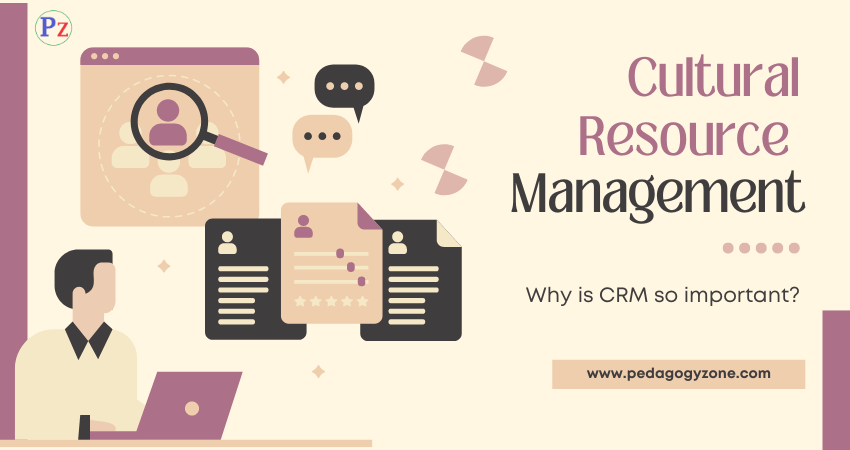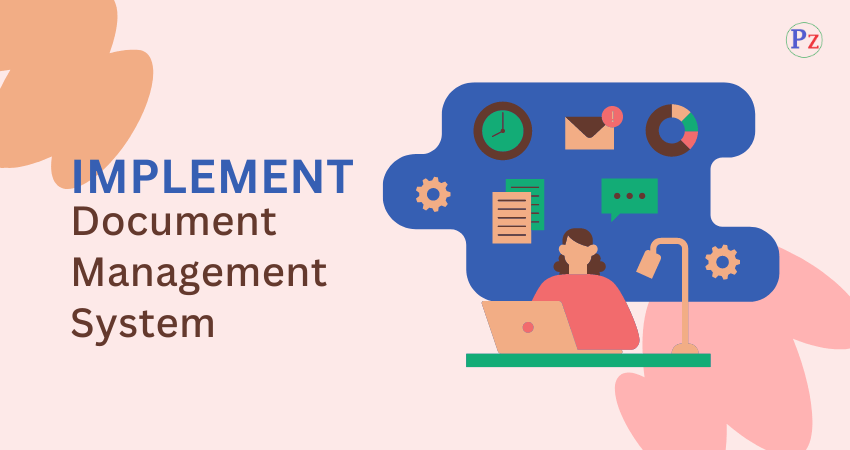HR Managers today are focusing attention on the following-
- Policies- HR policies are based on trust, openness, equity and consensus.
- Motivation- Create conditions in which people are willing to work with zeal, initiative and enthusiasm; make people feel like winners.
- Relations- Fair treatment of people and prompt redress of grievances which would pave the way for healthy work-place relations.
- Change Agent- Prepare workers to accept technological changes by clarifying doubts.
- Quality Consciousness- Commitment to quality in all aspects of personnel administration will ensure success.
Due to the new trends in HR, in a nutshell the HR manager should treat people as resources, reward them equitably, and integrate their aspirations with corporate goals through suitable HR policies.
Traditionally, the role of the Human Resource professional in many organizations has been to serve as the systematizing, policing arm of executive management.
In this role, the HR professional served executive agendas well, but was frequently viewed as a road block by much of the rest of the organization. The role of the HR manager must parallel the needs of his or her changing organization. Successful organizations are becoming more adaptive, resilient, quick to change direction and customer-centered. Within this environment, the HR professional, who is considered necessary by line managers, is a strategic partner, an employee sponsor or advocate and a change mentor.
Strategic Partner
In today’s organizations, to guarantee their viability and ability to contribute, HR managers need to think of themselves as strategic partners. In this role, the HR person contributes to the development of and the accomplishment of the organization-wide business plan and objectives.
The HR business objectives are established to support the attainment of the overall strategic business plan and objectives. The tactical HR representative is deeply knowledgeable about the design of work systems in which people succeed and contribute. This strategic partnership impacts HR services such as the design of work positions; hiring; reward, recognition and strategic pay; performance development and appraisal systems; career and succession planning; and employee development.
Employee Advocate
As an employee sponsor or advocate, the HR manager plays an integral role in organizational success via his knowledge about and advocacy of people. This advocacy includes expertise in how to create a work environment in which people will choose to be motivated, contributing, and happy.
Fostering effective methods of goal setting, communication and empowerment through responsibility, builds employee ownership of the organization. The HR professional helps establish the organizational culture and climate in which people have the competency, concern and commitment to serve customers well.
In this role, the HR manager provides employee development opportunities, employee assistance programs, gain sharing and profit-sharing strategies, organization development interventions, due process approaches to problem solving and regularly scheduled communication opportunities.
Change Agent
People often resist change. A significant change occurs when an individual moves from his home environment to work environment, or when there is a transition from a traditional work method to an advanced technological method. Technological advancement brings about changes which a worker may resist. At this point, the personnel manager has a crucial role to play.
He has to convince workers of the need for automation and prepare them to accept changes well before they are introduced. Implementation is mainly a method of getting new methods and ideas accepted and used with the least friction but with ample scope of improvement. Hence changes should be phased gradually and thoughtfully without provoking negative reactions from the workers.
The constant evaluation of the effectiveness of the organization results in the need for the HR professional to frequently support change. Both knowledge about and the ability to execute successful change strategies make the HR professional exceptionally valued. Knowing how to link change to the strategic needs of the organization will minimize employee dissatisfaction and resistance to change.
The HR professional contributes to the organization by constantly assessing the effectiveness of the HR function. He also sponsors change in other departments and in work practices. To promote the overall success of his organization, he supports the identification of the organizational mission, vision, values, goals and action plans. Finally, he helps determine the measures that will tell his organization how well it is succeeding in all of this.
| Read More Topics |
| Incentive plans in HRM |
| Compensation and incentives in HRM |
| Benefits of performance appraisal |
| Principles of wage and salary administration |




